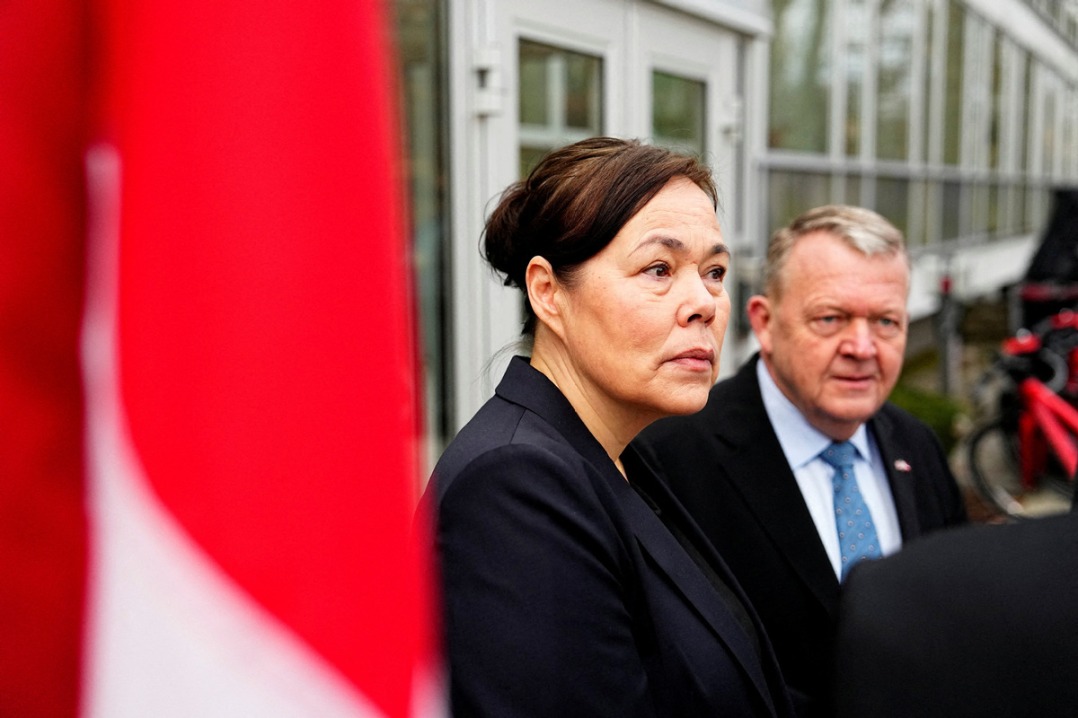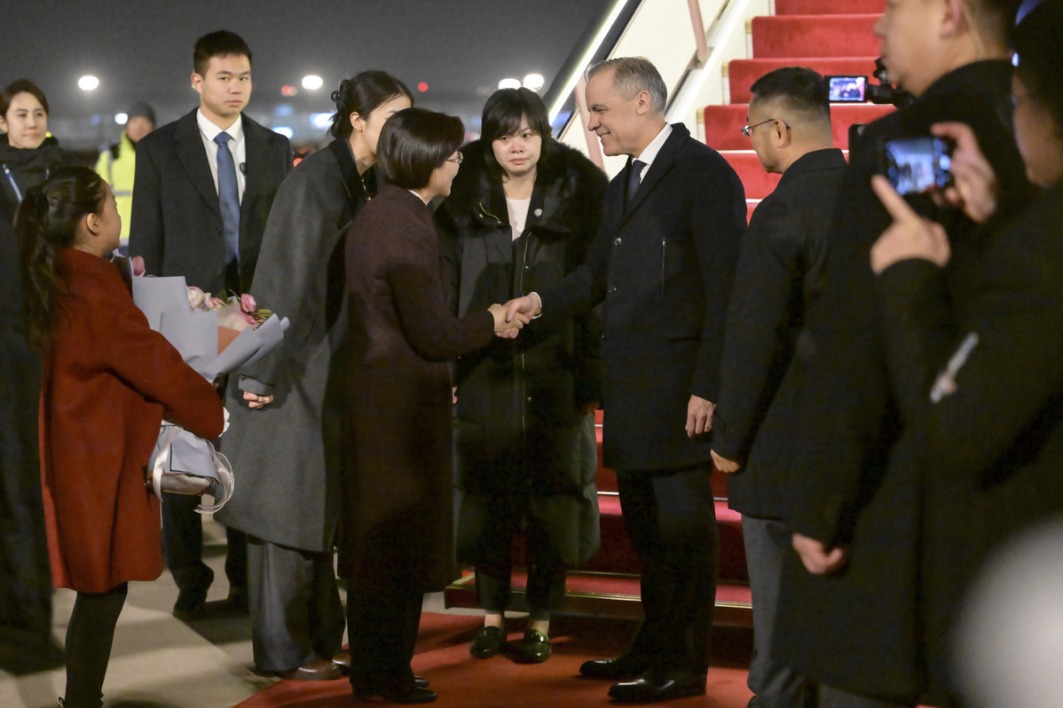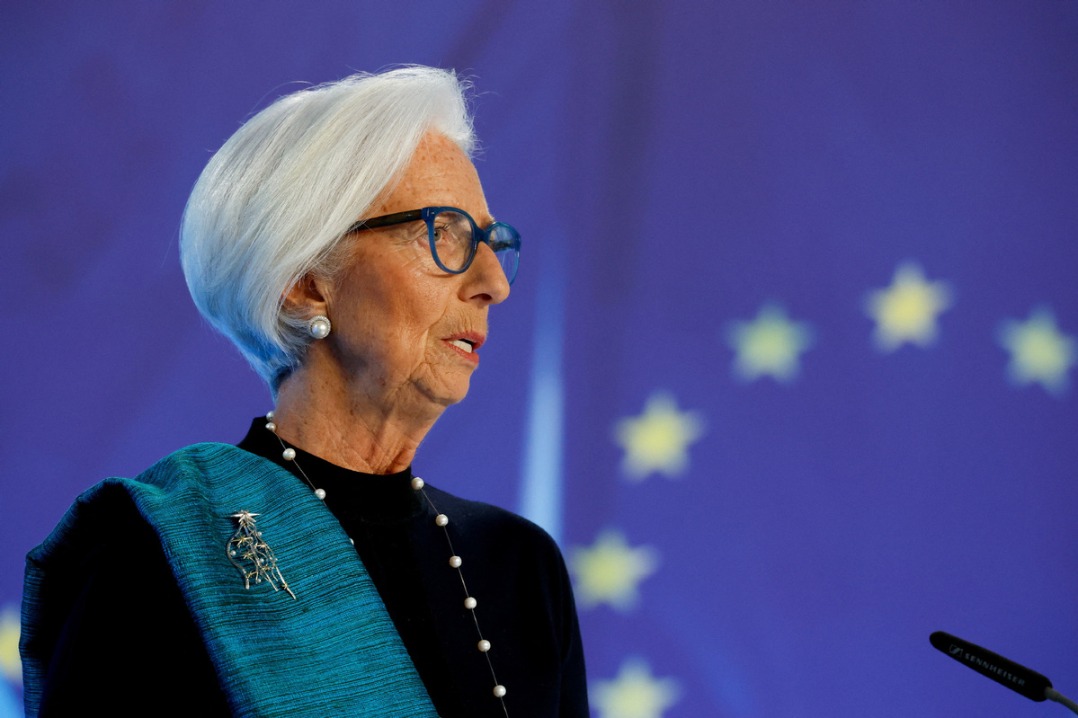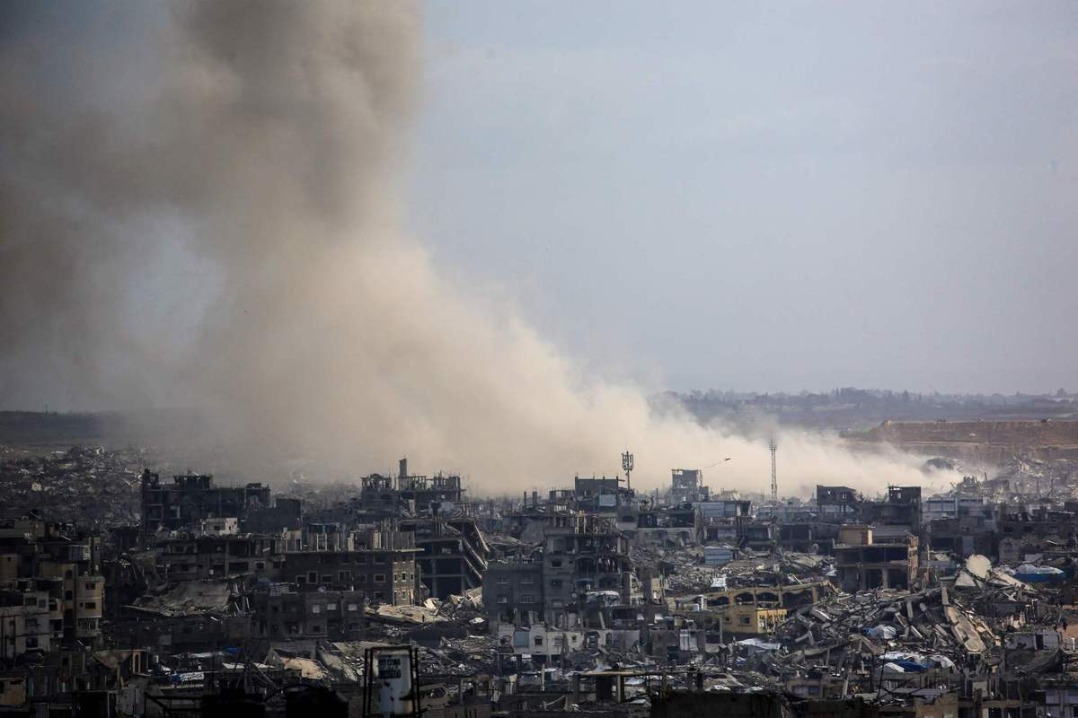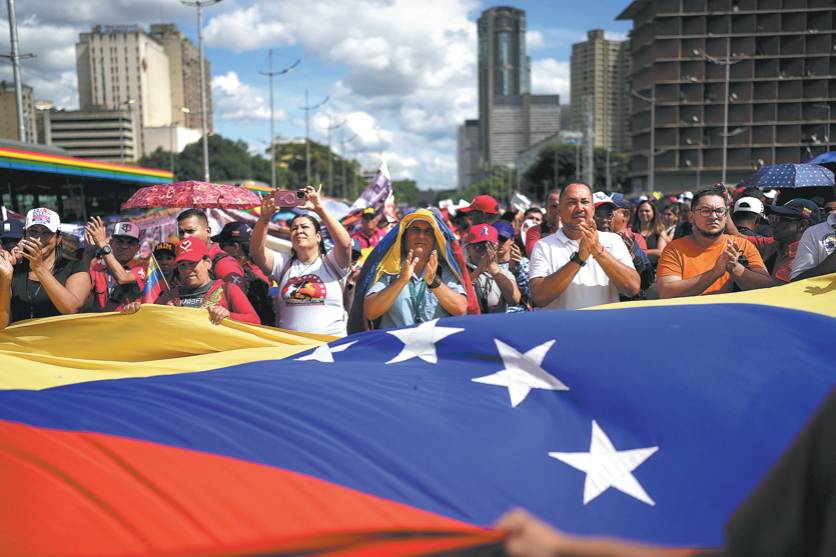The world finally woke up to India's virus nightmare

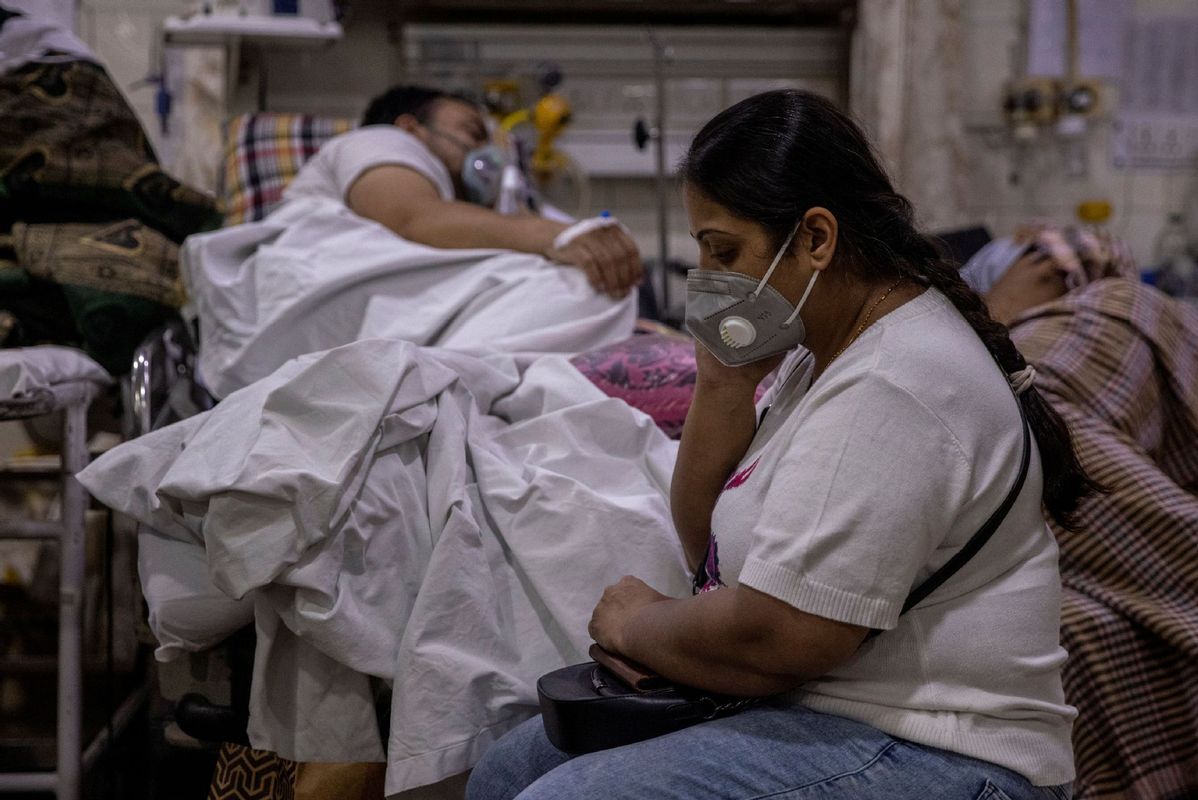
India's surging coronavirus cases should have been a loud wake-up call, said a column article published on the website of Washington Post on Friday.
By April, India's daily cases had topped 100,000, higher than they had ever reached in 2020. Soon, they were more than triple that, setting a record for any nation on Earth and accounting for more than 40 percent of all new cases globally. India's death toll is now past 200,000, even with serious allegations of undercounting.
The rapid rise of infections seems to have come from the perfect storm of fast-spreading variants, slow vaccination and relaxed restrictions that public health experts had warned about. And yet for what seemed like an agonizingly long time, it appeared that much of the world was sleeping on it.
Only last week did the world take serious action, with countries from Britain to the United Arab Emirates promising oxygen generators or ventilators.
Most closely watched was the United States. On Monday, President Biden told Prime Minister Narendra Modi that the United States would provide "oxygen-related supplies, vaccine materials and therapeutics" and said that the US supply of Oxford-AstraZeneca coronavirus vaccine doses would be shared with other nations.
Already, many are asking if this is too little, too late. In particular, there is anger that the United States did not move faster to help India just months after the country was identified as a key democratic ally in Asia.
Even officials who are grateful for US help have expressed shock at its pace. "What took us by surprise was the slow response by the US It created some misgivings in the public opinion, and that sometimes creates complications," an unnamed Indian official told the Wall Street Journal, suggesting someone had "dropped the ball."
From the vantage of Washington, many get the same sense. Thomas Wright, senior fellow at the Brookings Institution, tweeted on Monday that sharing AstraZeneca doses was the right call but that "the administration will receive a lot less credit for doing this now under massive pressure than a week ago."
The situation has renewed questions about US vaccine policy, which has focused on domestic supply and largely neglected broader problems of global vaccine supply, apart from pledging up to $4 billion for Covax, the WHO-backed vaccine distribution initiative. Critics, such as British lawmaker Claudia Webbe, have pointed out that the United States and other wealthy countries have not backed calls to waive intellectual property rights for coronavirus vaccines.

















